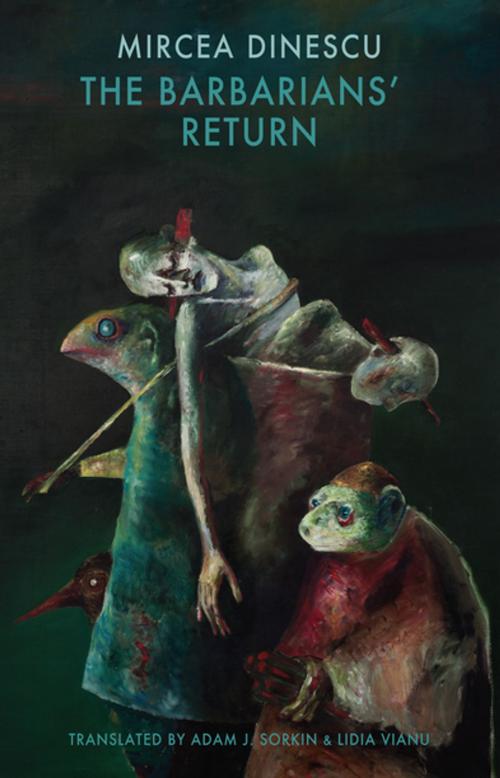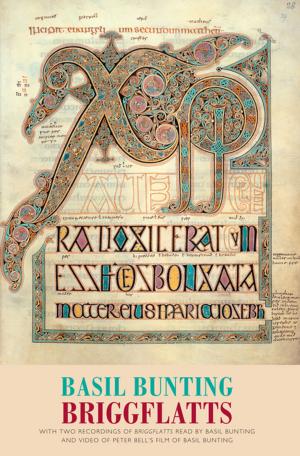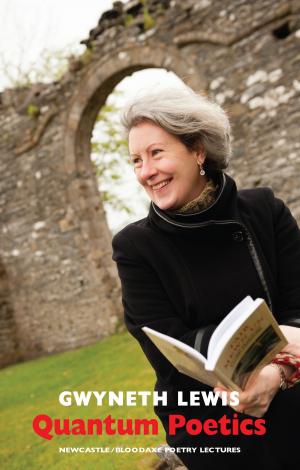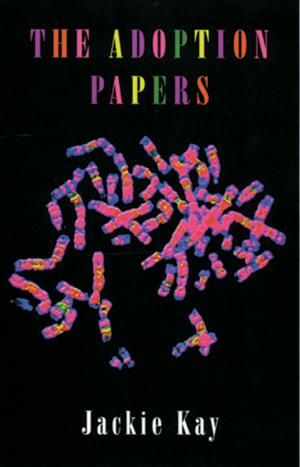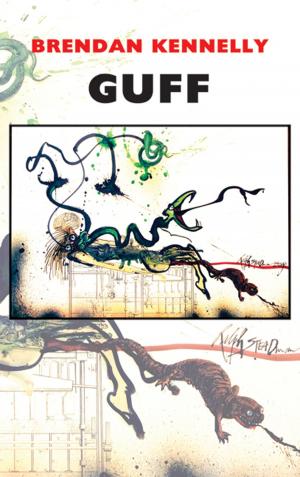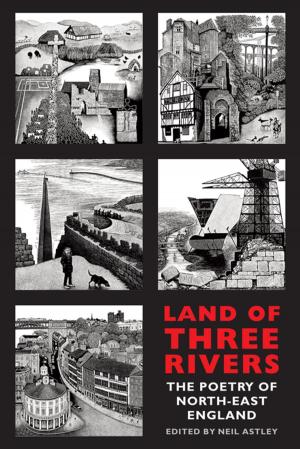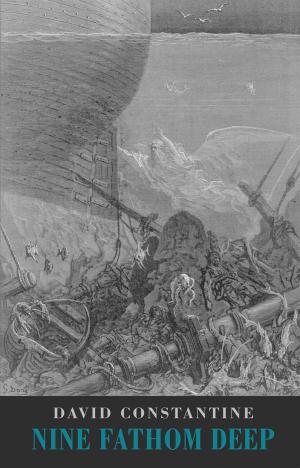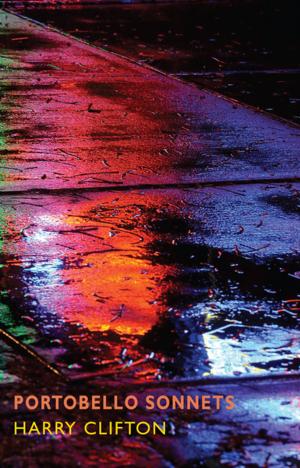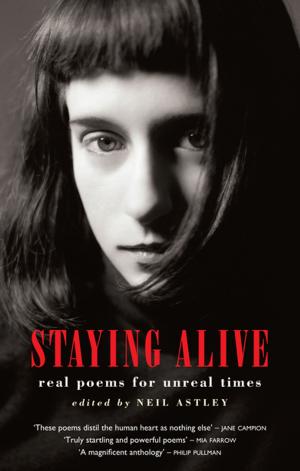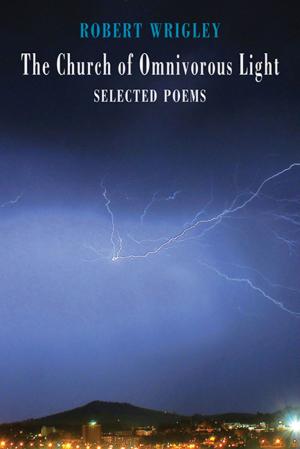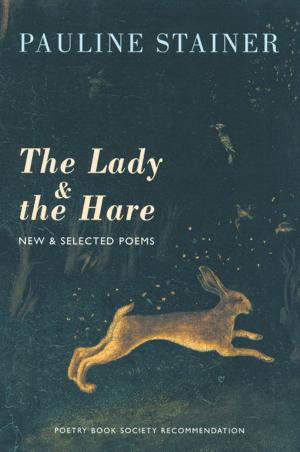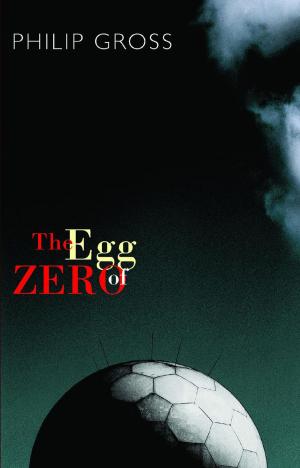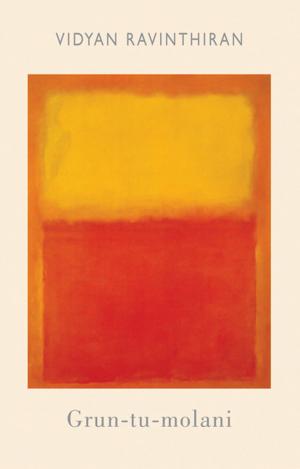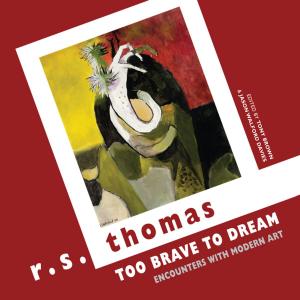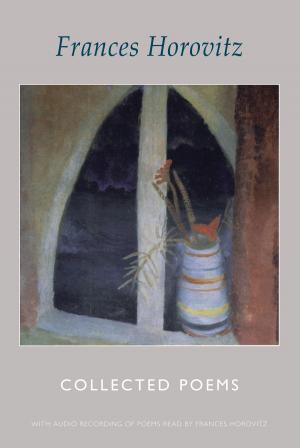| Author: | Mircea Dinescu | ISBN: | 9781780372051 |
| Publisher: | Bloodaxe Books | Publication: | April 26, 2018 |
| Imprint: | Bloodaxe Books | Language: | English |
| Author: | Mircea Dinescu |
| ISBN: | 9781780372051 |
| Publisher: | Bloodaxe Books |
| Publication: | April 26, 2018 |
| Imprint: | Bloodaxe Books |
| Language: | English |
For the past 50 years, Mircea Dinescu has been one of Romanian poetry’s most provocative and obstinately singular poets. After starting out as a love poet, or so he thought, he was surprised to discover that he had created a poetry of sly political allusion. He was like that communist worker in a factory producing bicycle parts who steals a tiny wheel one day; another time, a few nuts and bolts; then taking home a chain and a length of pipe; until finally realising that however he assembled these parts, instead of a bicycle the result was a Russian machine gun. The dictator at whom Dinescu shot his metaphors was eventually was eventually shot with real bullets by his own henchmen. Unlike Dinescu, those men were able to see the difference between a bicycle and a machine gun: later on, disguising themselves as anti-communists, they pedalled their bicycles into the brave new consumer society. A quarter of a century and more since the fall of communism, Mircea Dinescu still hesitates to think of himself as witness, judge or defendant. Like an agile monkey, he jumps into and out of the handbook of literature, just as into and out of the handbook of history, where he is mentioned on page 16, in the chapter entitled Revolutions. In December 1989, Dinescu was liberated from house arrest by a large crowd in Bucharest who carried him triumphantly to the national television building. There he announced to his country and the world, with actor Ion Caramitru, that the dictator had fled. The country changed almost overnight from communist to capitalist, but Dinescu carried on doing what he’d always done: writing necessary poems that challenge all systems.
For the past 50 years, Mircea Dinescu has been one of Romanian poetry’s most provocative and obstinately singular poets. After starting out as a love poet, or so he thought, he was surprised to discover that he had created a poetry of sly political allusion. He was like that communist worker in a factory producing bicycle parts who steals a tiny wheel one day; another time, a few nuts and bolts; then taking home a chain and a length of pipe; until finally realising that however he assembled these parts, instead of a bicycle the result was a Russian machine gun. The dictator at whom Dinescu shot his metaphors was eventually was eventually shot with real bullets by his own henchmen. Unlike Dinescu, those men were able to see the difference between a bicycle and a machine gun: later on, disguising themselves as anti-communists, they pedalled their bicycles into the brave new consumer society. A quarter of a century and more since the fall of communism, Mircea Dinescu still hesitates to think of himself as witness, judge or defendant. Like an agile monkey, he jumps into and out of the handbook of literature, just as into and out of the handbook of history, where he is mentioned on page 16, in the chapter entitled Revolutions. In December 1989, Dinescu was liberated from house arrest by a large crowd in Bucharest who carried him triumphantly to the national television building. There he announced to his country and the world, with actor Ion Caramitru, that the dictator had fled. The country changed almost overnight from communist to capitalist, but Dinescu carried on doing what he’d always done: writing necessary poems that challenge all systems.
